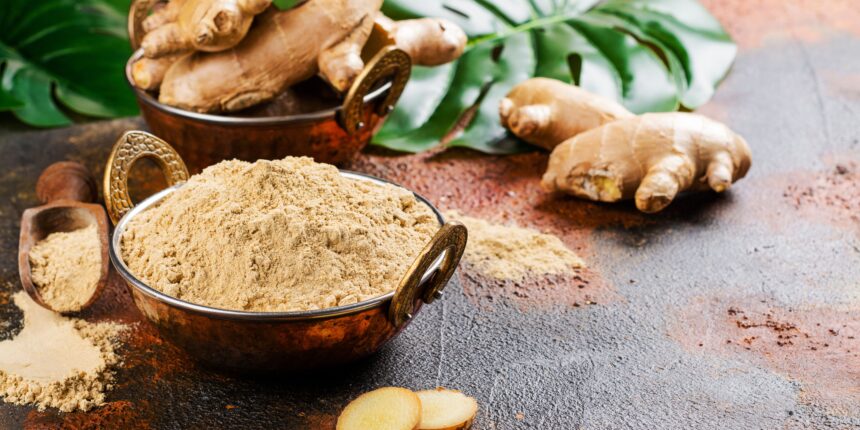What are the pros and cons of taking ginger?
My experience with ginger has been interesting, to say the least. Like many people, I was first introduced to its warming flavors in Thanksgiving and Christmas recipes, but as I’ve grown older, I’ve come to rely on its healing properties more than its culinary uses. Today, I aim to share both the positives and negatives I’ve found from taking ginger regularly in hopes it provides some insight for others considering adding it to their wellness routines.
Ginger’s Benefits
One of the biggest pros of ginger is its ability to soothe stomach ailments. As someone who often gets anxious, I’ve struggled with occasional nausea or stomach discomfort. However, ginger tea has proven remarkably effective at calming things down. Simply steeping a quarter-inch slice of fresh ginger root in hot water, adding a touch of honey, and sipping it slowly seems to work wonders. The compounds in ginger stimulate enzymes and acids in the digestive tract, which helps food pass through more easily. This has saved me from many unpleasant days stuck at home.
Another advantage is ginger’s anti-inflammatory potential. Its powerful compounds called gingerols target muscle soreness and joint pain. After long workouts or tasks that require lots of movement, brewing a ginger tea and relaxing with a heating pad has helped reduce swelling and tenderness. ginger’s antioxidants may also protect cells from oxidative stress that contributes to chronic inflammation over time. This is reassuring given family histories of autoimmune issues. Staying proactive about reducing inflammation could help prevent serious problems down the road.
The appeal of ginger as a natural remedy for colds and flus has also become one of its biggest pros for me. Rather than bottled medicines, I find comfort in honey-ginger tea and its ability to soothe sore throats and ease congestion. The antiviral and antibacterial properties likely help fight infections from taking hold. Starting ginger at the first signs of illness seems to lessen symptoms or even prevent a full-blown sickness. Relying on ginger in this way lets me avoid doctors’ offices and missing work from unnecessary sick days.
Ginger’s Cons
While ginger clearly offers benefits, some cons have surfaced over time. One is its potential to interact with certain medications due to impacts on the body’s processing of compounds. Before taking ginger supplements or large doses, it’s important to check with a doctor or pharmacist about any drugs one may be on. This is especially crucial for those prescribed blood thinners, diabetes medications, or antidepressants. Interactions could theoretically cause issues like increased bleeding risk or altered blood sugar regulation. Safety should always come first.
Another downside, in my case, came from overdoing fresh ginger consumption. Too frequent snacking led to heartburn-like discomfort. I had to scale back for a while and be mindful not to exacerbate any existing acid reflux. In smaller amounts as part of salads or cooked in meals, it didn’t cause issues. But eating raw ginger slices straight like snacks was a bit much on the stomach over time. Moderation seems key here, as it is with many edible remedies.
The spicy-hot sensation is also, well, spicy hot. While ginger’s pungency delivers therapeutic benefits, it’s not for those who dislike intense flavors. Its fiery zing requires an acquired taste. And if too high a dose is taken, it can induce sweating as the body’s temperature rises in response to ginger’s warming qualities. For some people struggling with heat sensitivity, this side effect wouldn’t feel good.
Overall, incorporating ginger thoughtfully allows one to reap rewards while avoiding potential negatives. Starting low and slow, paying attention to how it impacts you individually, and using ginger judiciously as part of a well-rounded lifestyle seems the ideal approach based on personal experience. Its ancient healing powers have certainly benefited me, and I’m thankful to have ginger as an accessible natural ally.
That about sums up my real-life journey navigating ginger’s pros and cons from a first-hand perspective. I aimed to share lessons learned openly so others don’t have to experiment themselves unnecessarily. Please don’t hesitate to reach out if any part of my experience resonates and you have other questions!




